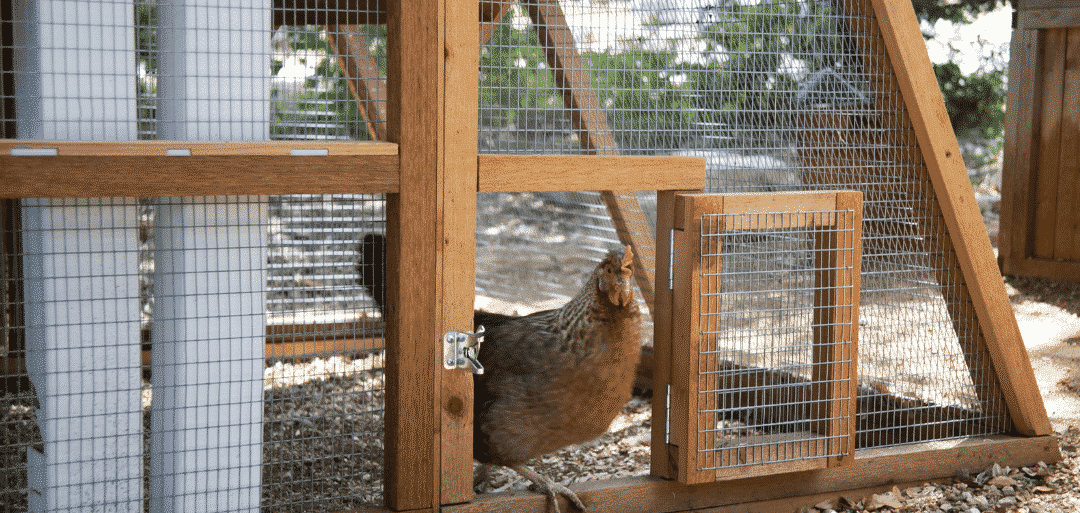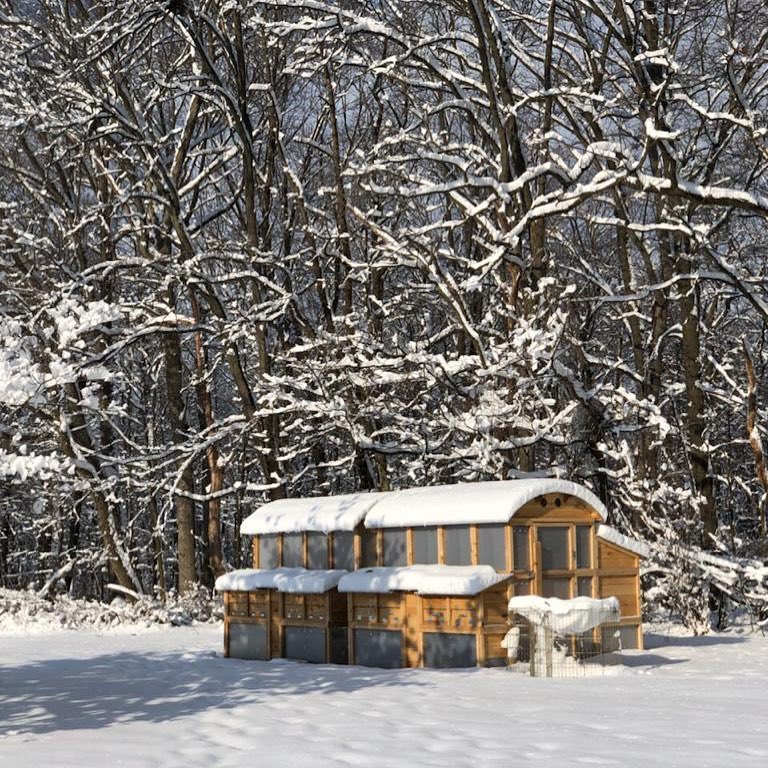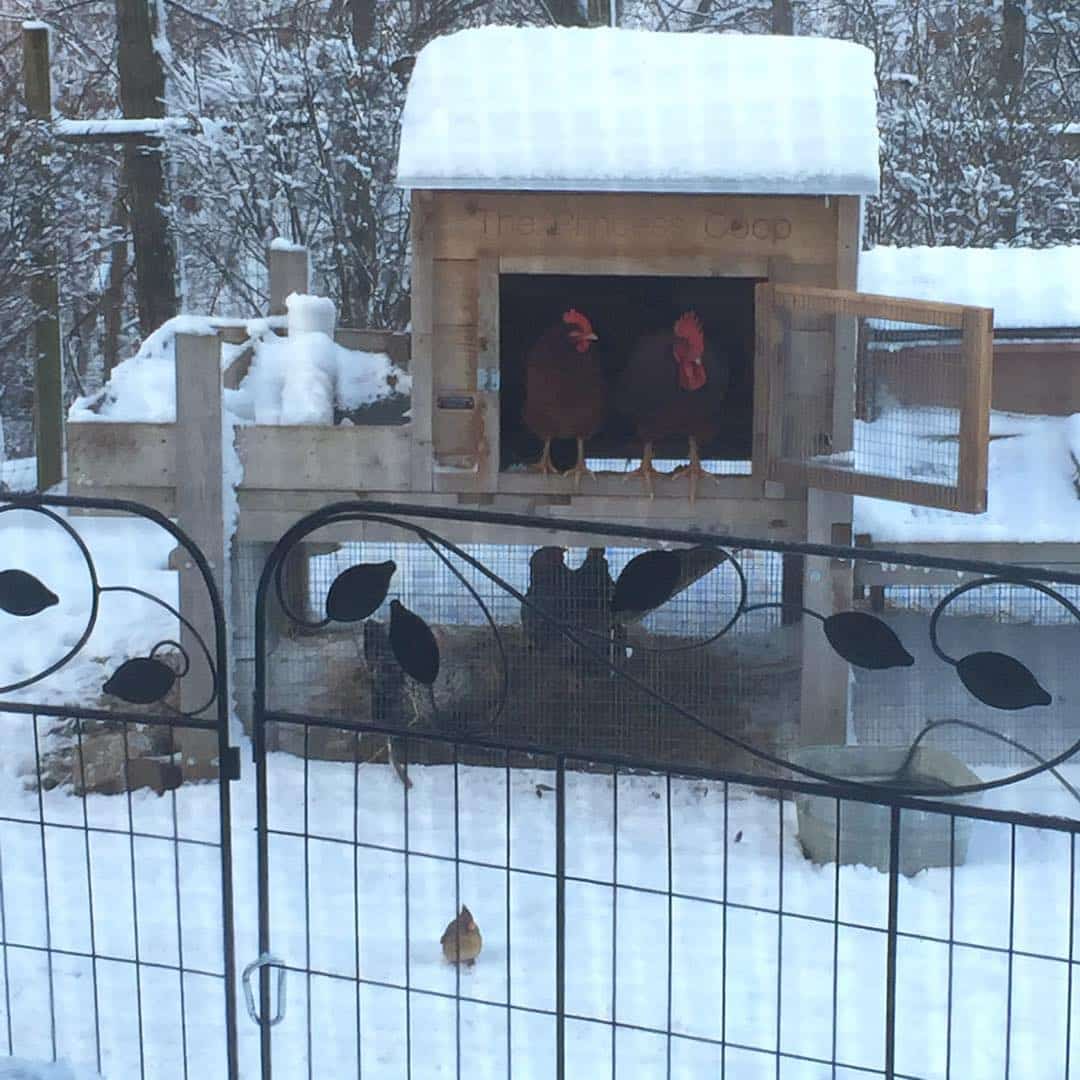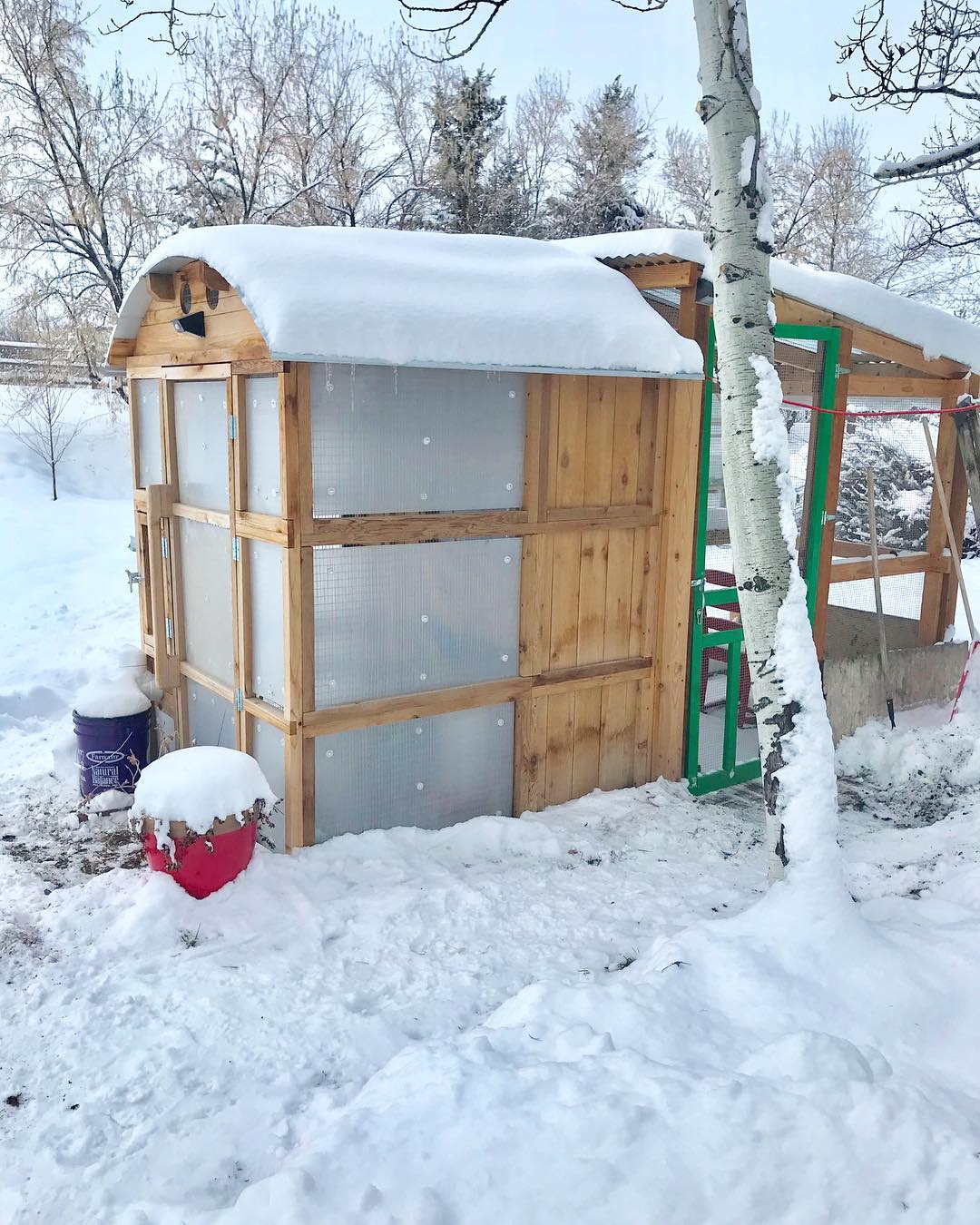
Chicken Keeping doesn’t have to be complicated for a first-time backyard flock owner. Whether you’ve found yourself dreaming of looking out your backyard to see a feathery flock of your own roaming around, or if you’ve committed yourself to purchase your first chicks, we’ve put together a list of 5 of our best and helpful First Time Backyard Chicken Keeping Tips to help you along your new backyard farming journey!
1) Begin with chicks or mature birds
For new or future backyard chicken keepers, we always recommend starting off with either chicks or mature birds. If you have a preference for raising baby chicks, you can easily order your future flock by visiting a reputable online hatchery such as idealpoulty.com or murraymcmurrayhatchery.com. Baby chicks require extra care and need to remain in an enclosed area until they reach a recommended coop age of 6-8 weeks.
If you have a friend or know of a sustainable and reputable farm that may offer pullets, this will also serve as a great way to begin your chicken-keeping journey. Keep in mind that chickens will typically begin laying eggs at 18 weeks of age. For more information on how to properly order your first flock, visit our blog post Your Guide to Ordering Your First Backyard Flock where we mention breed recommendations that are great for beginners!
2) Establish a Routine with your chickens
Make sure to establish a daily routine with your flock to ensure good health. Our daily routine always includes checking to see if the flock has clean water and plenty of food. Make sure to also schedule regular times to check your hen’s nest box to collect eggs, if eggs are left uncollected for long periods of time, this may result in broody hens (a hen that will sit on eggs in an attempt to hatch them), unwanted predator attention, or a broken egg in the nest box. To make this routine simpler, our coops feature optional EZ-Fill Waterers and Feeders with a simple, no-poop feeding system.
For a weekly to monthly basis, make sure to clean your hen’s nest box area by replacing or cleaning the bedding. You can also add chicken-safe nest box herbs that your hens will love! To view a list of chicken healthy herbs that we recommend, visit our blog post 8 Chicken Healthy Herbs To Grow Next to Your Coop. Additionally, it’s important to always schedule a time to rake the dirt or sanded run area of your coop to ensure that the natural microbiomes in the dirt work their magic in decomposing your flock’s poop. For Roost Bars use a plastic bristle brush and/or a wired brush for wired panel sanitization. For a natural wood friendly, water-based formula use a spray bottle filled with half water and half distilled white vinegar, feel free to use as-is or add rosemary or lavender to your formula for a natural scent boost.
3) Plan for the Seasons
Winter:
Depending on where you are establishing your new backyard flock, your weather characteristics may require some seasonal coop preparation. Almost all chickens are fairly cold hardy and can withstand temperatures below freezing as well as snowfall. To assist with the cold temperatures in your area we always recommend using an aquarium heater and Freeze-Guard Poultry Drinker that will prevent waters from freezing. For open airway style coops, like our Roost&Root Coops, we always recommend preparing during wintertime with our Snow/Storm Panels, made to allow airflow while protecting your flock from snow and harsh rains that may reach 50-60 MPH+.
* DO NOT attach a heat lamp to your coop during the cold, this is a very high fire risk.
Summer:
Compared to winter, the summertime proves much more of a precautionary season as chickens may get heat exhaustion. We always suggest providing your flock with loose topsoil to allow for dust bathing. Rolling around in dust will not only help cool chickens off but will also help eliminate any mites. As an optional choice, you can also include a separate natural electrolyte water formula for your flock. For more summer flock care tips, visit our blog post How to Keep Chickens Cool in the Summer Heat.
4) Have an Out of Town Plan
A common misconception that comes with having chickens is being unable to plan vacations. Chickens are by far much easier to care for during long stays away from home. A trusted family member or friend can easily maintain your flock’s feeding system with our EZ-Fill Watering and Feeding System, which allows for easy outside coop feedings. Many of our coops allow up to 3-4 days of feed and water before having to replenish. Additionally, having your flock inside their coop during the time of your vacation will not cause any harm.
5) Have Fun!
Chicken keeping doesn’t have to be complicated, once your routine and flock are established, the work required to maintain your flock’s health and safety will seem minimal compared to that of a cat or dog. You will find that each flock member will have recognizable characteristics and quirks that will set each one apart, and make them a part of your family. The responsibilities of keeping a flock are simple to remember and will soon become a new and fun task on your backyard farming journey.
We hope you find these first-time backyard chicken-keeping tips helpful as you begin your backyard farming journey! Have any questions regarding anything that is mentioned in this blog post? Reach out to us at 877-741-2667 or email us at support@roostandroot.com.
We’re real people and always happy to help!





